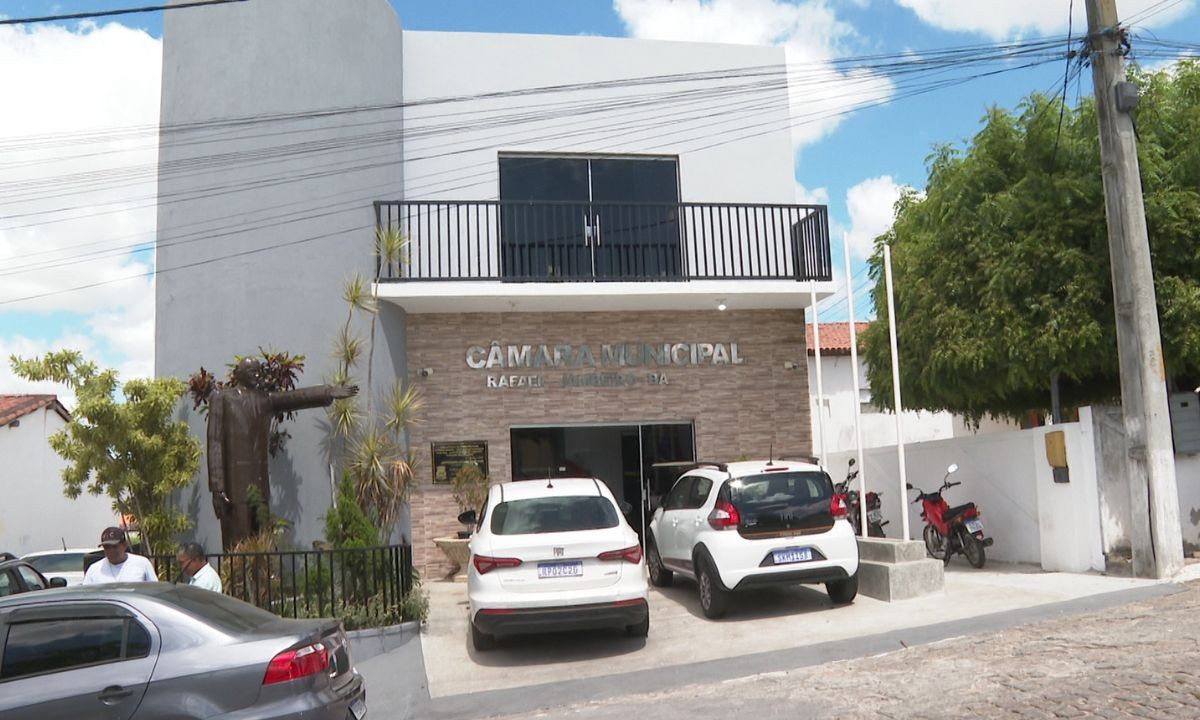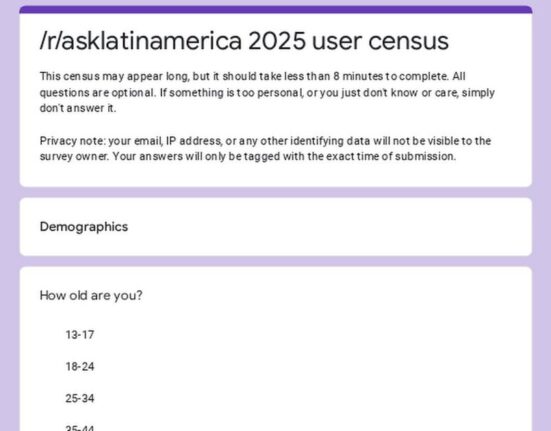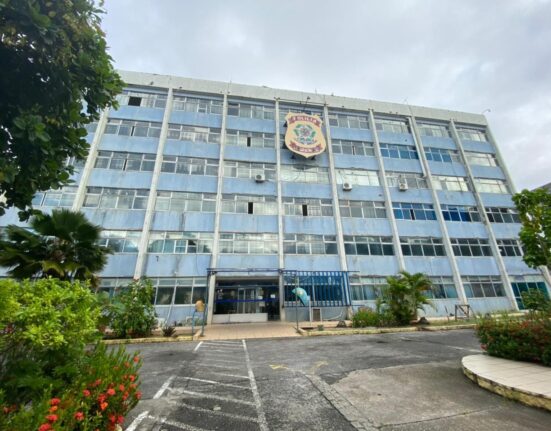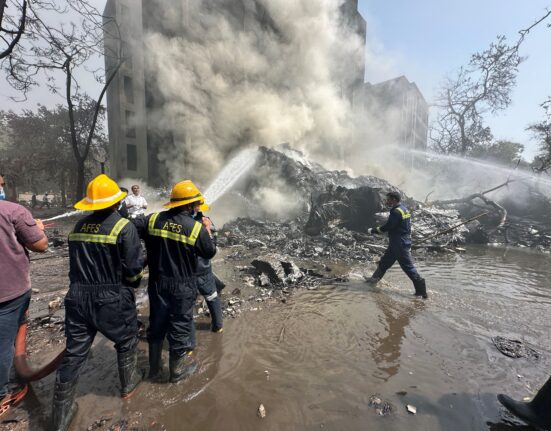A small town nestled 96 kilometers away from Feira de Santana in Bahia, Brazil, finds itself embroiled in a political quagmire. The picturesque Rafael Jambeiro has become the stage for a dramatic showdown in its City Council. The Tribunal de Justiça da Bahia (TJ-BA) has intervened, ordering a fresh election for the leadership of the local Chamber of Councilors. The seeds of this turmoil were sown during the election held on January 1st, earlier this year.
Following the initial vote, a contentious situation arose, with two parliamentarians both laying claim to the presidency of the legislative body. This power struggle has not only disrupted the smooth functioning of the City Council but has also halted the allocation of crucial resources to the community. The repercussions of this internal strife have been keenly felt by the residents of Rafael Jambeiro.
In a bid to resolve the impasse, the judiciary had previously mandated a rerun of the election back in April. However, the proceedings were stalled as one of the contenders for the presidency, Magna Lúcia from the União Brasil party, challenged the decision in court. The recent ruling by Judge Leonardo Brito Pirajá has once again underscored the necessity for a new election to be conducted within 15 days by the City Council, failing which they face a hefty daily fine.
The judicial saga in Rafael Jambeiro began in 2024, following a closely contested election for the Chamber’s presidency. Magna Lúcia emerged victorious over Fernando Coni by a slim margin of 6 votes to 5. However, her candidacy was invalidated on the grounds of a technicality – being filed after the stipulated deadline.
Subsequently, a fresh round of voting took place, leading to a situation where Fernando Coni proclaimed himself the winner, interpreting the six opposing votes as abstentions. The ensuing power struggle has seen both Magna and Fernando adamantly asserting their right to the presidency, causing a deadlock within the legislative body.
Amidst this political turmoil, the functionality of the City Council has been severely compromised. The inability to establish a clear leadership has paralyzed essential operations, leaving crucial decisions hanging in the balance. The standoff reached a boiling point on February 18th this year, as Magna Lúcia, accompanied by her supporters, made a bold attempt to claim the presidential seat, only to be thwarted by Fernando Coni.
Magna Lúcia, in her statement to the press, emphasized her commitment to upholding the rule of law, respecting the majority’s decision, and ensuring stability within the legislative framework of Rafael Jambeiro. She expressed her dismay at the former president’s refusal to accept the majority’s mandate and his attempts to cling to power through coercive means.
The repercussions of this protracted political dispute have reverberated throughout the community. The essential services provided by the City Council have been disrupted, with employees facing delayed salaries and the legislative machinery grinding to a halt. Rafael Jambeiro finds itself at a standstill, awaiting a resolution that will restore functionality to its governance structures.
As the legal battle rages on, the residents of Rafael Jambeiro remain caught in the crossfire of this political storm. The need for a swift and definitive resolution to this crisis is paramount, not just for the sake of political expediency but for the well-being of the community at large. The implications of this internal strife extend far beyond the confines of the City Council, underscoring the fragility of democratic institutions when faced with internal discord.
In conclusion, the saga unfolding in Rafael Jambeiro serves as a stark reminder of the intricate dynamics at play within local governance structures. It highlights the importance of transparent electoral processes, adherence to regulatory frameworks, and the imperative of upholding the sanctity of democratic principles. As the town grapples with this unprecedented crisis, the path to resolution remains shrouded in uncertainty, casting a shadow over the future of governance in Rafael Jambeiro.









Leave feedback about this